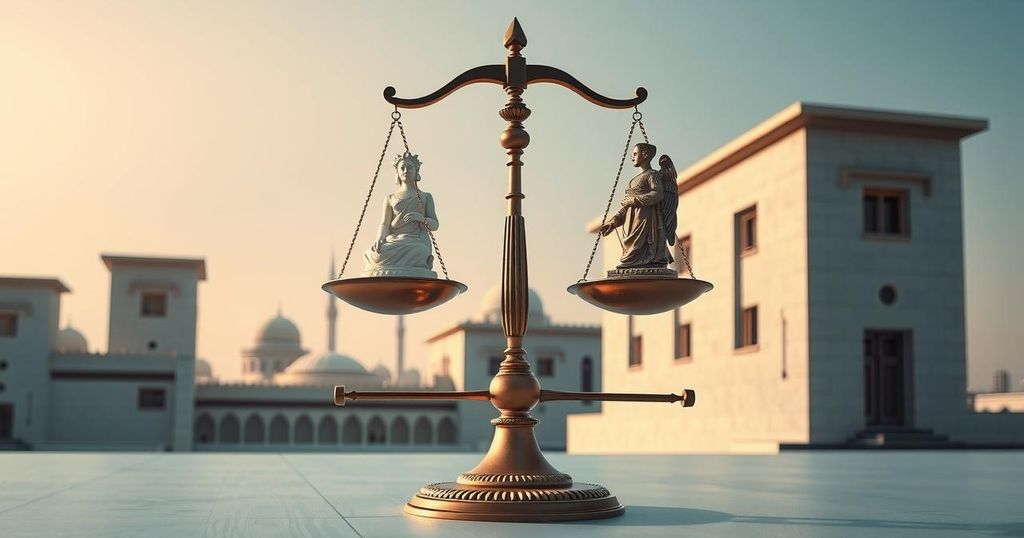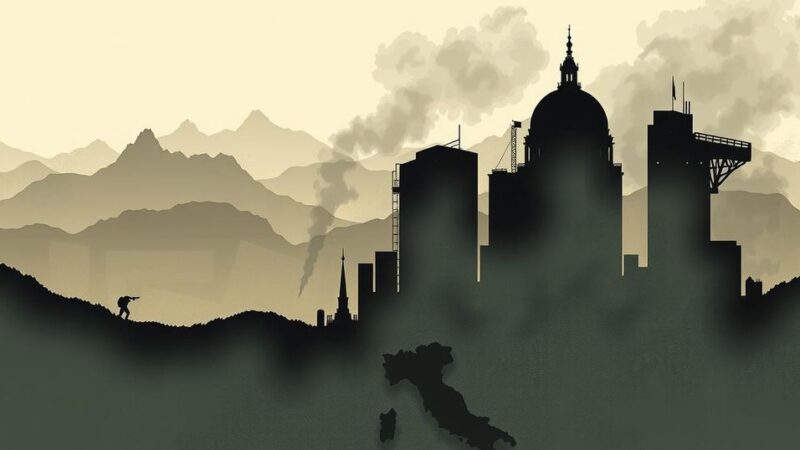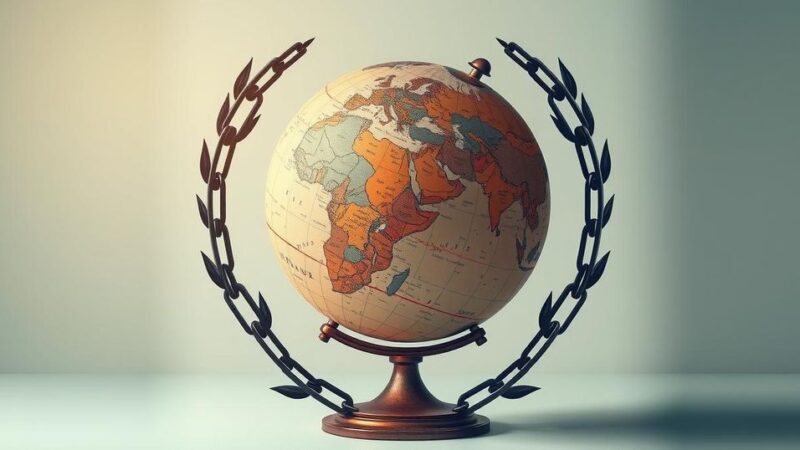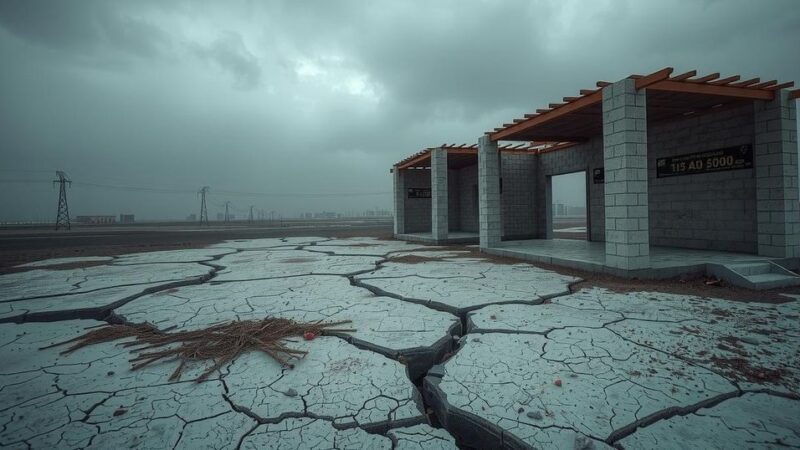Lebanon marked 20 years since the assassination of former Prime Minister Rafic Hariri, with seismic political changes underway that may benefit his son Saad Hariri’s return. The commemoration took place against a backdrop of a fragile ceasefire with Israel and waning Hezbollah influence. Supporters expressed renewed hope for leadership within the Sunni community as political dynamics shift in Lebanon.
Lebanon commemorated the 20th anniversary of former Prime Minister Rafic Hariri’s assassination on February 14, 2025. This event occurs amid significant political shifts that have diminished the power of Hezbollah and its allies, potentially paving the way for a resurgence of Hariri’s son, Saad Hariri, who has returned from the UAE for the memorial services. Hariri, a pivotal leader in Lebanon’s post-civil war reconstruction, had resigned shortly before his death in 2005.
A UN-backed tribunal in 2022 sentenced two Hezbollah operatives, convicted in absentia for the suicide bombing that resulted in Rafic Hariri’s death, to life imprisonment. However, Hezbollah has refused to extradite these individuals. Given the current political climate, Saad Hariri’s return is noteworthy, particularly as it coincides with a fragile ceasefire between Hezbollah and Israel.
The annual commemorations have gathered thousands of supporters, who expressed a renewed sense of hope. Diana Al-Masri, a homemaker, stated, “For the first time in 20 years, our joy is double: first because the Syrian regime fell… and second because Sheikh Saad is among us.” Hariri’s potential political reengagement in the wake of changing circumstances is closely monitored by observers.
Once regarded as the principal Sunni leader in Lebanon, Saad Hariri faced challenges in his relationship with Saudi Arabia and the regional dynamic due to his rapprochement with Hezbollah. After resigning unexpectedly in 2017 and again in 2019 amidst widespread protests, he announced a suspension of his political activities in 2022, citing Iranian influence. Recent developments have led sources to suggest that the reasons behind his political retreat no longer exist.
Historically, Hezbollah has been the dominant political entity in Lebanon; however, its influence has waned due to its military conflicts with Israel and the instability of its connection with Syria post-Assad. With Joseph Aoun’s recent election as president and the formation of a new government led by Prime Minister Nawaf Salam, Lebanon is perceived to be entering a new political phase.
The restoration of interest from Riyadh in Lebanese affairs, combined with diminishing Iranian influence, is seen as a turning point. Experts like Imad Salamey emphasize the importance of robust, organized Sunni leadership, particularly as Saad Hariri could align with Saudi interests. The anniversary of Rafic Hariri’s assassination serves as a crucial moment to evaluate Saad Hariri’s ability to reclaim leadership within the Sunni community.
Notably, Hezbollah continues to assert its strength; recent protests against restricting Iranian flights to Beirut showcase this. However, persistent allegations regarding its use of the airport for arms transfers remain contentious with the Israeli military reinforcing security protocols. Overall, Lebanon stands at a critical juncture, characterized by evolving political dynamics and potential for change within its leadership.
Rafic Hariri’s assassination anniversary highlighted ongoing changes in Lebanon’s political landscape, as diminished Hezbollah influence has opened avenues for Saad Hariri’s potential resurgence. The events signify a significant shift in regional dynamics, with renewed Saudi interest and a call for organized leadership in the Sunni community. Lebanon’s evolving power structure suggests that the next political phase could redefine the country’s future direction and stability.
Original Source: www.arabnews.com






